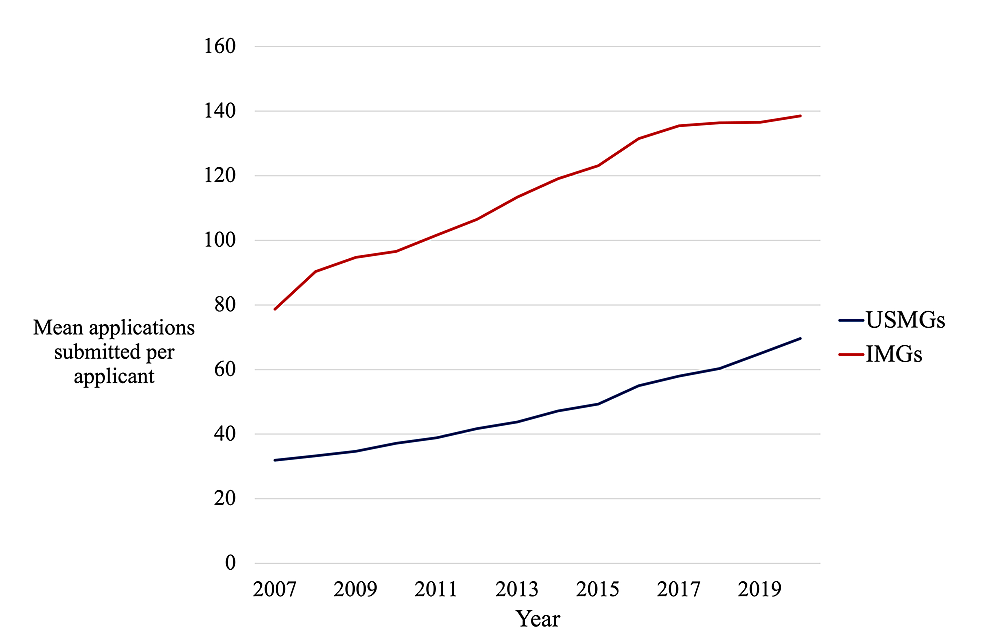Are you one of those people who needs a peer reviewed paper before believing things like water is wet? What I think is a plausible and defendable reason experienced by other applicants in multiple specialties is just as likely as... Wait, you never offered an explanation besides saying you in your one program in your one specialty don't do it so it isn't the reason... Yeah, hard to argue with someone who isn't actually saying anything or making any points lol. Go ahead and explain why with some realistic reasons so we can all be educated by your perspective on the other side, seriously.
Occam's razor here: I am quite literally a spitting image of a couple program's residents year after year in everything but way better board scores. I am from the area and show a track record of staying in the area. They take MDs, DOs, IMGs. I fit the mission statement to a T based on the PDs' mouths in their program info/meet and greets and via knowledge from alum of the programs. I have no red flags and have branded my application to target this type of program specifically. This was illustrated effective by other very, very similar community programs in the same geographic area lauding my application as an excellent fit for that type of program and by some academic programs saying that I don't fit their typical mold but they were intrigued why I would apply there given my community program branding/aspirations/style.
I have a personal relationship with a few PDs in a couple specialties and they say they yield protect due to app numbers and geography. It's brought up on SDN and reddit every year. We know some people in programs still don't understand how the match works based on the dumb stuff they say repeated by applicants on the trail every year.
This scenario for DO students isn't exactly controversial. Solid DO students mention this every year.
@Chibucks15 can think what he wants but I want to make one thing clear. I feel that he is putting words in my mouth saying that I'm using this as some crutch for my ego. That's bull****. I'm specifically trying to go to these programs, even tried to interview at some terrible ones because I would rather be there than move to Minnesota or whatever. I'm committed and since I didn't get an interview no one can say it's because I had a bad attitude at the interview and thought I was too good for them blah blah blah. When I didn't get an interview at Duke (random example) I didn't cry because I'm a DO who doesn't fit their mold in my app or my actual goals.
So I'm comically the same (the homogenous nature of these programs was brought up multiple times each year on the spreadsheets causing URMs to not even apply) but 20+ points higher on boards... Or because that's not a rigorously tested theory we can go with proposed option two: I had the wrong neck angle on my headshot and the Pds decided to suddenly only interview black women in radiology to turn the program 180. I'm using hyperbole clearly but I think the dismissive posts are lazy bull**** and certainly not more supported despite that ironically being the main argument against my thoughts on the matter apparently.

